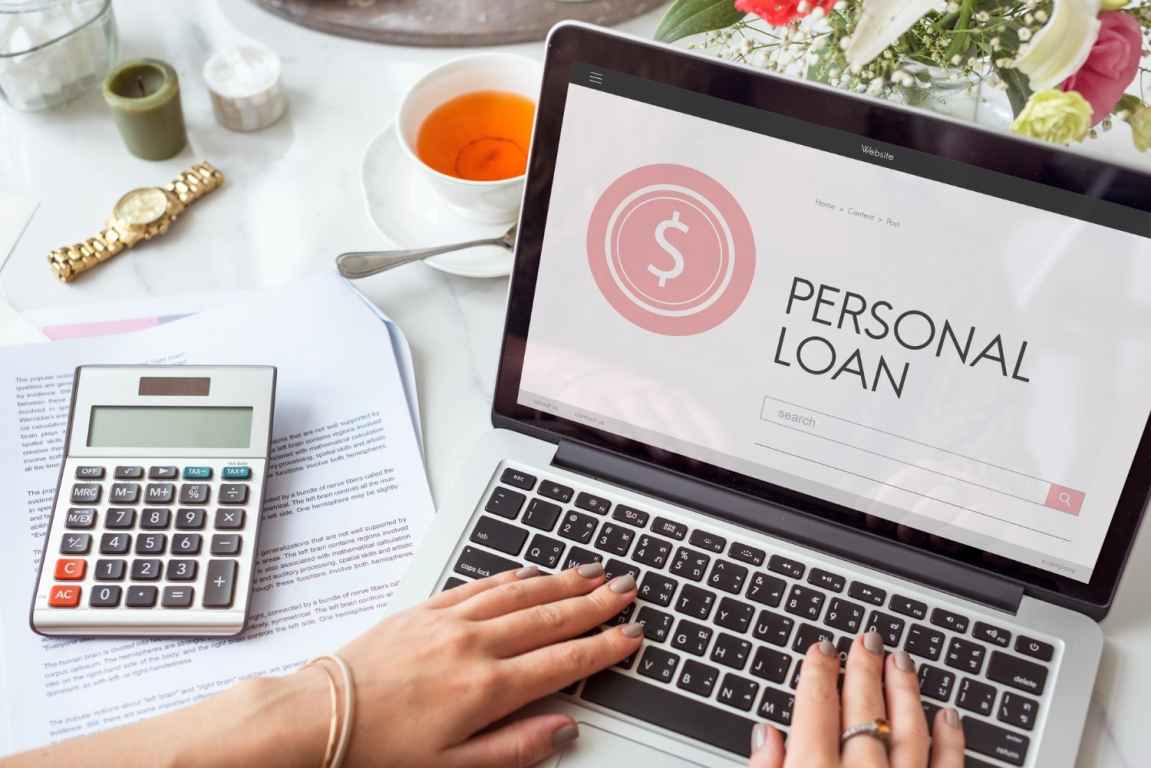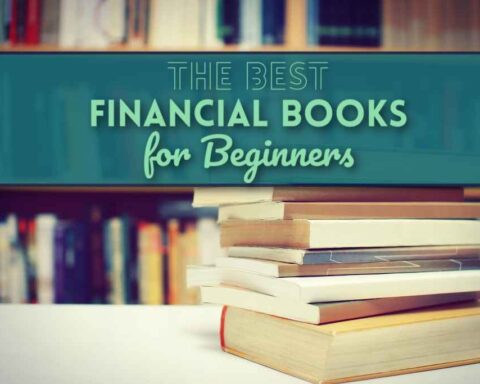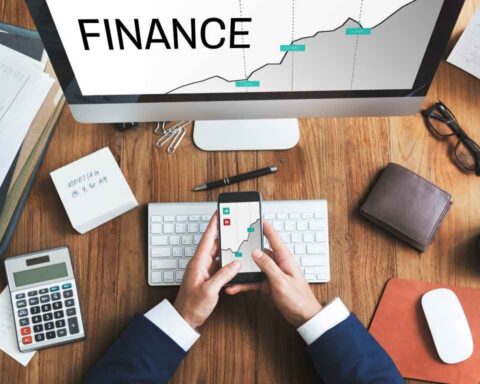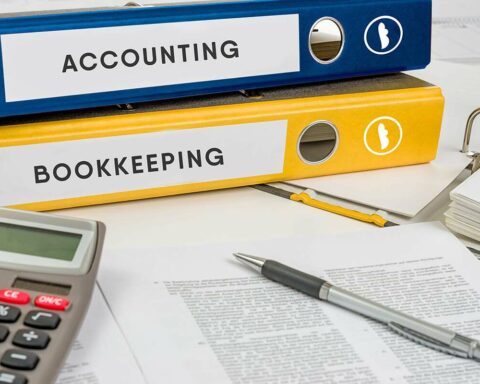When looking for personal loans, borrowers will see two sorts of loans available: secured personal loans and unsecured personal loans.
A secured personal loan is backed by collateral, which means that the bank may seize whatever you own if you do not repay the loan within the agreed-upon conditions. You do not need any collateral to qualify for an unsecured personal loan.
With so many financing alternatives available, determining the right option for you may be difficult.
Gathering information on both secured and unsecured personal loans is an excellent first step in obtaining a personal loan.
What is a secured personal loan?
A secured personal loan is backed up by an asset, such as a vehicle.
The lender uses this item as collateral, meaning that if you fail to make the agreed-upon repayments, the lender can seize the asset and sell it to reimburse the loan cost.
Because of this security, the lender can provide a cheaper interest rate on the loan.
How does a secured loan work?
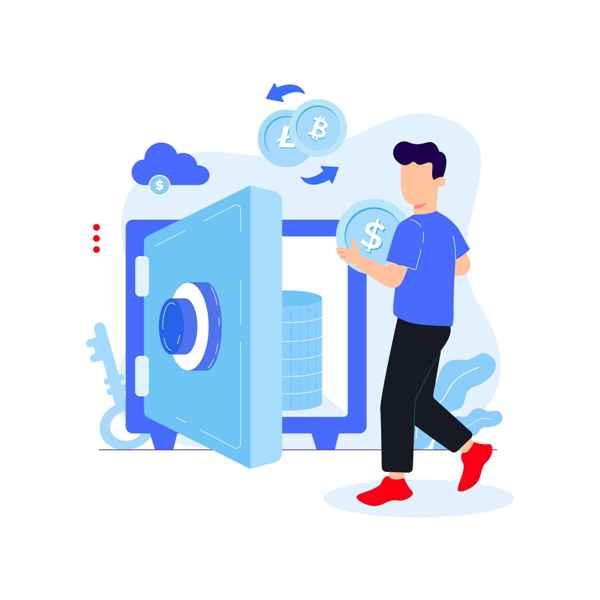
In many aspects, personal secured loans function similarly to other types of loans. When you request cash, lenders will do a credit check and evaluate your total financial condition to see whether you can repay it.
Along with the conventional affordability standards, the value of your property and the amount of equity you hold in your home will assist in deciding how much you can borrow with a secured loan.
Secured loans are often for more significant amounts of money and are secured by real estate. Therefore the application procedure can be lengthier than for an unsecured loan.
Although secured loans can be obtained directly from a lender, most are obtained via a broker.
If you are authorized for the loan, you will be required to make the agreed-upon monthly installments. If you pay on time, this will feel like any other sort of loan repayment.
However, if you fail to make a payment, you risk losing the asset you put up as security. If you consistently fail to make payments, the lender may seize the item to recover the money owed.
This would not happen with unsecured loans since they are not secured.
What to consider when applying for secured loans?
A secured loan is offered by a lender, with the borrower utilizing their house as security. Here are the top things to consider before applying for a secured loan:
Don’t expect the stated pricing.
The indicative APR rate offered for a secured loan is the average rate the loan provider will provide to borrowers.
At least 51% of successful candidates must be given the standard rate, but up to 49% may be offered a higher rate1.
A strong credit score is needed for a low-interest secured loan.
Although an exceptional credit score is not required to get authorized for a secured loan, you will need a fair credit score and a good credit history to provide the lender with the most competitive interest rate.
A secured loan isn’t usually referred
This loan is also known as a homeowner loan, a second-charge mortgage, a home renovation loan, a second mortgage, and a collateral loan.
However, despite their many titles, they all refer to the same thing: a secured loan.
Early repayment of the secured debt may be penalized.
If you redeem a personal secured loan sooner than agreed, you may be charged an Early Redemption Charge (ERC).
Lenders might add them since they would lose considerable interest if you completed the secured loan sooner than expected.
The magnitude of the penalty varies by lender, but if the personal secured loan is less than £25,000, the charge is usually restricted to two months’ interest.
However, for personal secured loans of more than £25,000, the penalty cost might be 5% or more of the loan amount.
A good loan broker, such as Loan.co.uk, will notify you whether an ERC applies to any secured loan you’re contemplating.
Your property backs up a secured loan.
Because personal secured loans are often for quite significant sums, as opposed to unsecured personal loans, they utilize your property as collateral.
If you default, your house may be sold to recoup the lender’s money.
So, before you sign up for a secured personal loan, be sure that the monthly installments will not leave you struggling to make ends meet.
Advantages of Secured Personal Loans:
- Lower Interest Rates:
- With the backing of collateral, lenders are willing to offer lower interest rates, making these loans more cost-effective.
- Higher Approval Rates:
- Secured loans are generally easier to qualify for, even for individuals with less-than-perfect credit scores.
- Extended Repayment Terms:
- Borrowers often have the flexibility to choose longer repayment terms, reducing the monthly financial burden.
Is a secured loan right for me?
It depends on your circumstances; they may be a good option for many individuals, but it is necessary to evaluate the hazards.
A secured personal loan may be perfect if you want to borrow a more significant sum of money or repay it over a longer time. Using your property as security may also allow you to get lower interest rates.
Everyone’s circumstance is unique, and secured loans online may be an excellent option for many individuals.
However, they demand you to use your house (or other property you own) as collateral, so if you believe you will not be able to repay the loan, it may be worth examining your choices.
What is the difference between a secured and unsecured loan?
- The primary distinction between a personal secured and a personal unsecured loan is the collateral necessary to get the loan. To get a secured loan, you must supply the lender with an asset that will be used as collateral for the loan. On the other hand, an unsecured loan does not need you to give an asset as collateral to get a loan.
- The interest rate is another significant distinction between a secured and unsecured loan. The interest rates for secured loans are often lower than those on unsecured ones. Banks and other financial institutions see unsecured loans as more dangerous than secured ones.
- Secured loans online are more straightforward than unsecured ones since it is less risky for a lender to provide a secured loan.
- Secured loans are simpler to receive since they are less hazardous for a lender to make, but unsecured loans are more challenging to obtain.
How much can I borrow with a secured loan?
Several factors determine the amount you may borrow with a secured loan:
- Your choice of secured loan (more on this to follow)
- Your earnings
- Your current debts
- The loan-to-value ratio of the lender
- Your credit score
Every lender should only accept a loan that is reasonable to you based on your income and previous debt obligations. Your loan payments should be a particular percentage of your income.
The smaller, the better. If you have a high income and few or no prior obligations to pay, you may be able to secure a larger loan without exceeding your affordability level.
This approach takes into account your credit history as well.
Types of secured loans
When you search for a secured loan, you’ll already have a specific goal and a quantity of money in mind for the loan.
As a result, it is essential to examine each example of a secured loan to choose the one that presents the best opportunity for you.
A mortgage: A mortgage is officially considered a secured loan since the borrowed money is pledged as collateral against the newly purchased property. However, in contrast to other secured loans, the value is relatively large since it may be up to 90–95 percent of the value of the property that serves as collateral for the loan.
Homeowner loans: Homeowner loans are the most common kind of secured loan since they allow you to borrow money against the value of your house and then return the money every month. They have a few other names, including second mortgages and home equity loans.
Bridging loans: These types of loans are short-term loans secured against your present property and are used to bridge the financial gap between selling one house and purchasing another. These loans are secured, but the repayment terms are far more expedited.
Loans for consolidating debt: Consolidation debts are designed expressly to pay off many obligations at once, whether from credit cards or other loans. You may be able to reduce the total amount of interest you pay each month by combining your debts. You may also be able to establish a repayment plan, which will allow you to make progress toward paying off your debt.
Can I get a secured loan with bad credit?
Yes. Because you’re presenting your home (or another asset) as collateral, the lender’s risk is reduced, and you’re more likely to get accepted for a secured loan with terrible credit than you would be for other types of financing.
However, you must still ensure you can afford the repayments, and finding the best prices may be more challenging.
The lender will still do affordability checks on you and want confirmation of your income, outgoings, and any other debt you have for them to decide.
Generally speaking, the worse your credit score, the less favorable the conditions. It usually means you’ll have to pay a higher interest rate – but a secured loan with adverse credit may still be achievable.
FAQ-
Is it easier to get a secured loan?
Yes, since your property is usually put up as collateral for the loan, the lender will see you as less of a risk and place less weight on your credit history and score.
What is the average interest rate on a secured loan?
The standard interest rate for a secured personal loan is about 10%. The rate varies with the size of the loan and the length of time it takes to pay it back. You may get a loan from £7,500 to £15,000 from several banks at a rate close to 8%. However, remember that the rate extended to you will depend on your situation.
What are the risks of secured loans?
- You might take on more debt than you can comfortably pay back, but the lending institution is legally required to verify your income and credit history before approving your loan.
- Defaulting on payments might harm your credit score.
- You can incur fines if you are late with a payment or skip a price altogether.
What happens if I default on a secured loan?
In the event of a default on a personal secured loan, the same credit ramifications apply as in the case of an unsecured loan: For as long as seven years, it might show up on your credit report as a bad item. But the bad news doesn’t stop there with a secured loan. Losing your house or automobile is another possibility.
What are the alternatives to a secured loan?
- Remortgaging
- Personal loans
- Peer-to-peer loans
- Home improvement loans
- Debt consolidation loans
How long does the approval process take for a secured personal loan?
The approval process varies among lenders, but it generally takes a few days to a few weeks. Providing accurate information and necessary documentation can expedite the process.
Conclusion:
We discussed “Secured Personal Loans” in this article; I hope you found this post helpful. You may close the distance between your aspirations and their realization with the aid of a personal secured loan.
Personal Secured loans have certain dangers, just like other types of lending. The only distinction is that the borrower bears more risk than the lender. To locate the best loan, it is crucial to do in-depth research and compare your loan offers.

